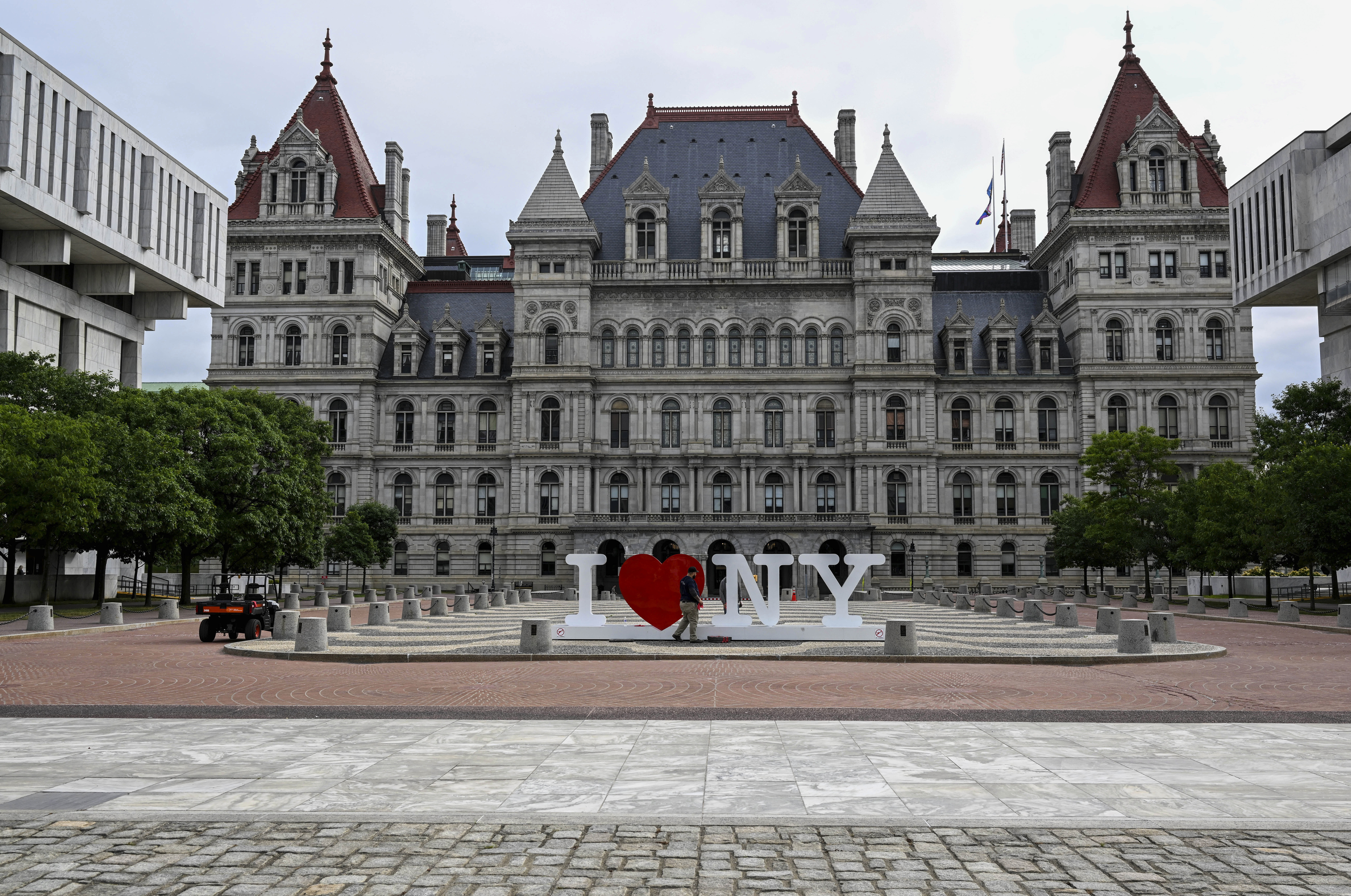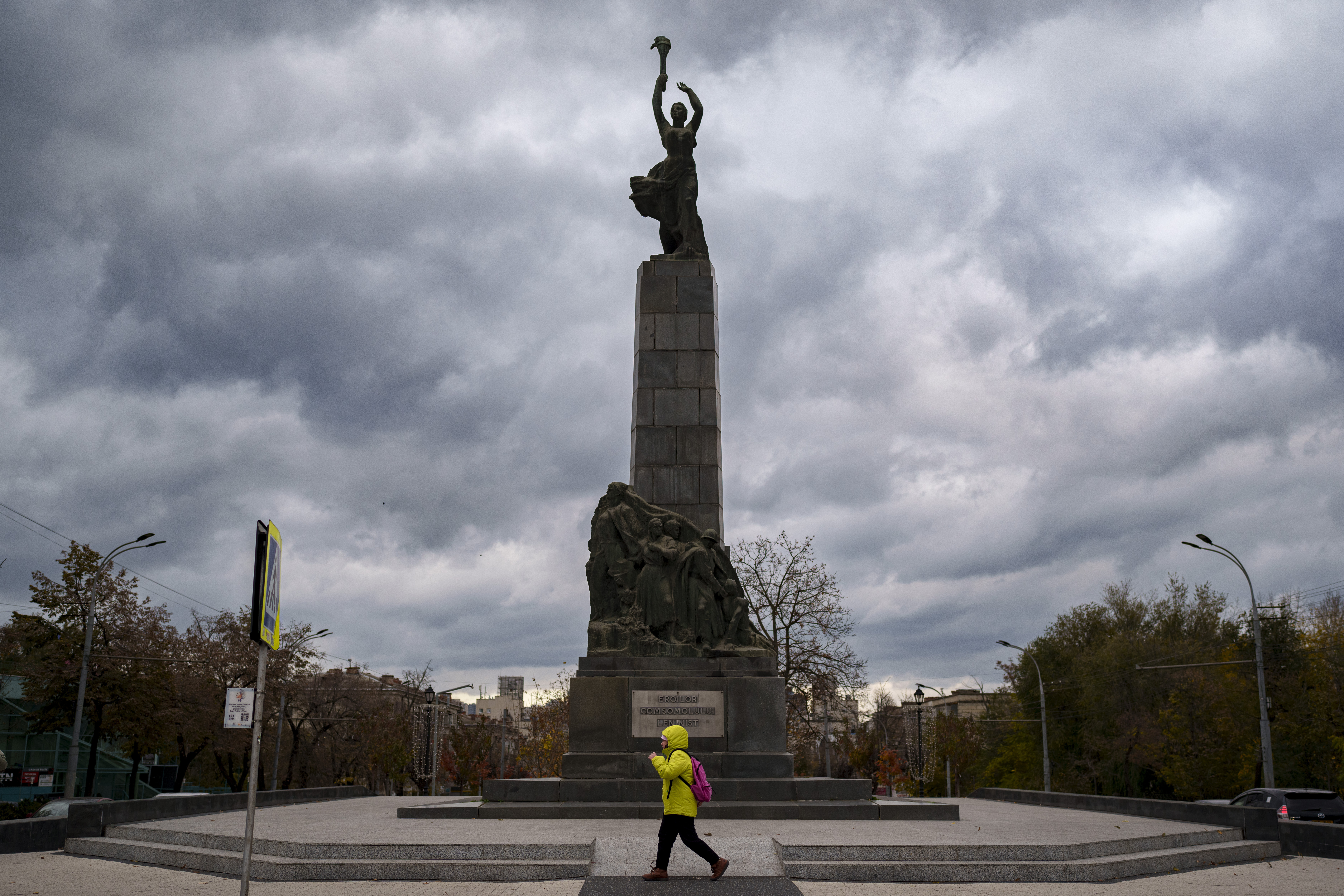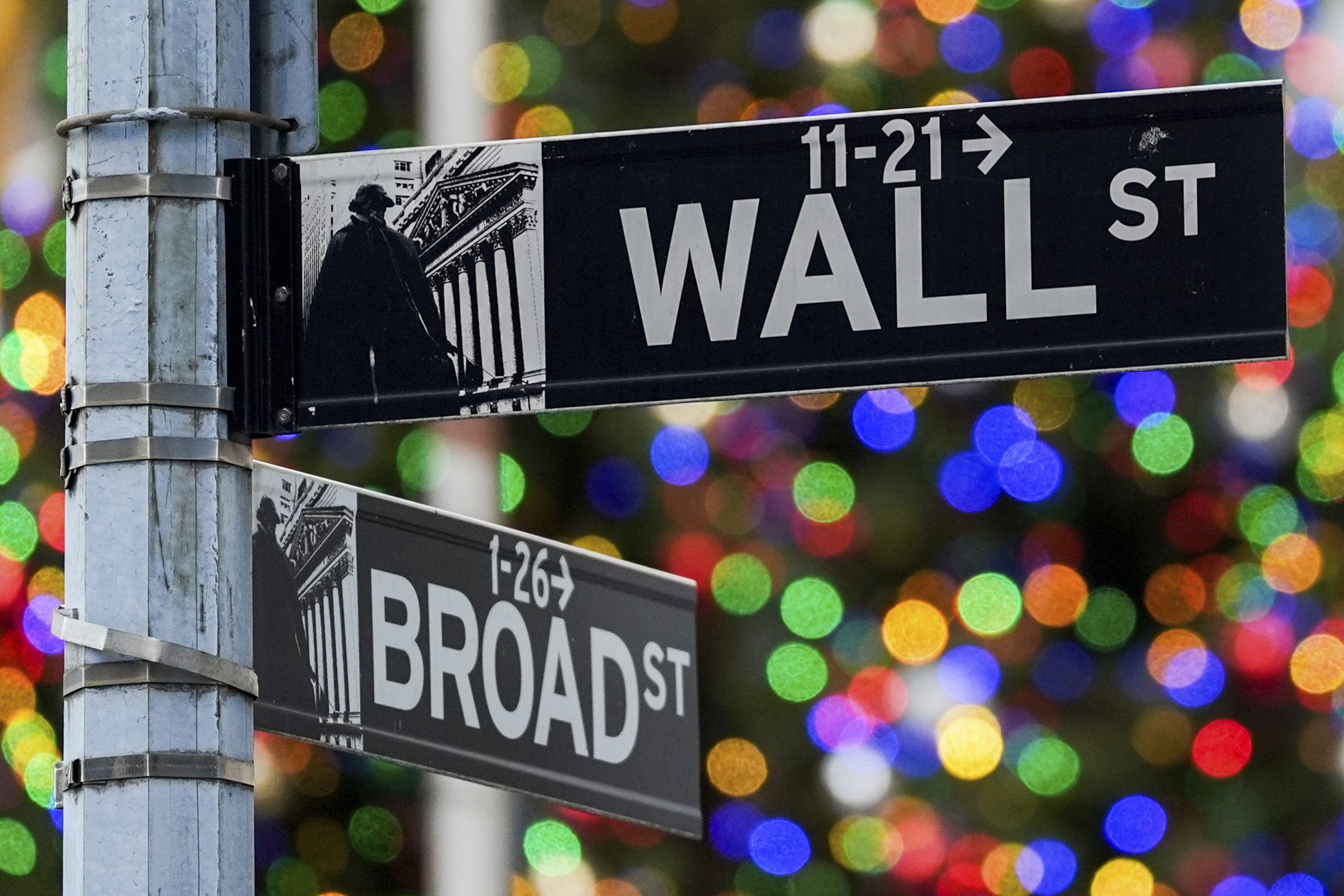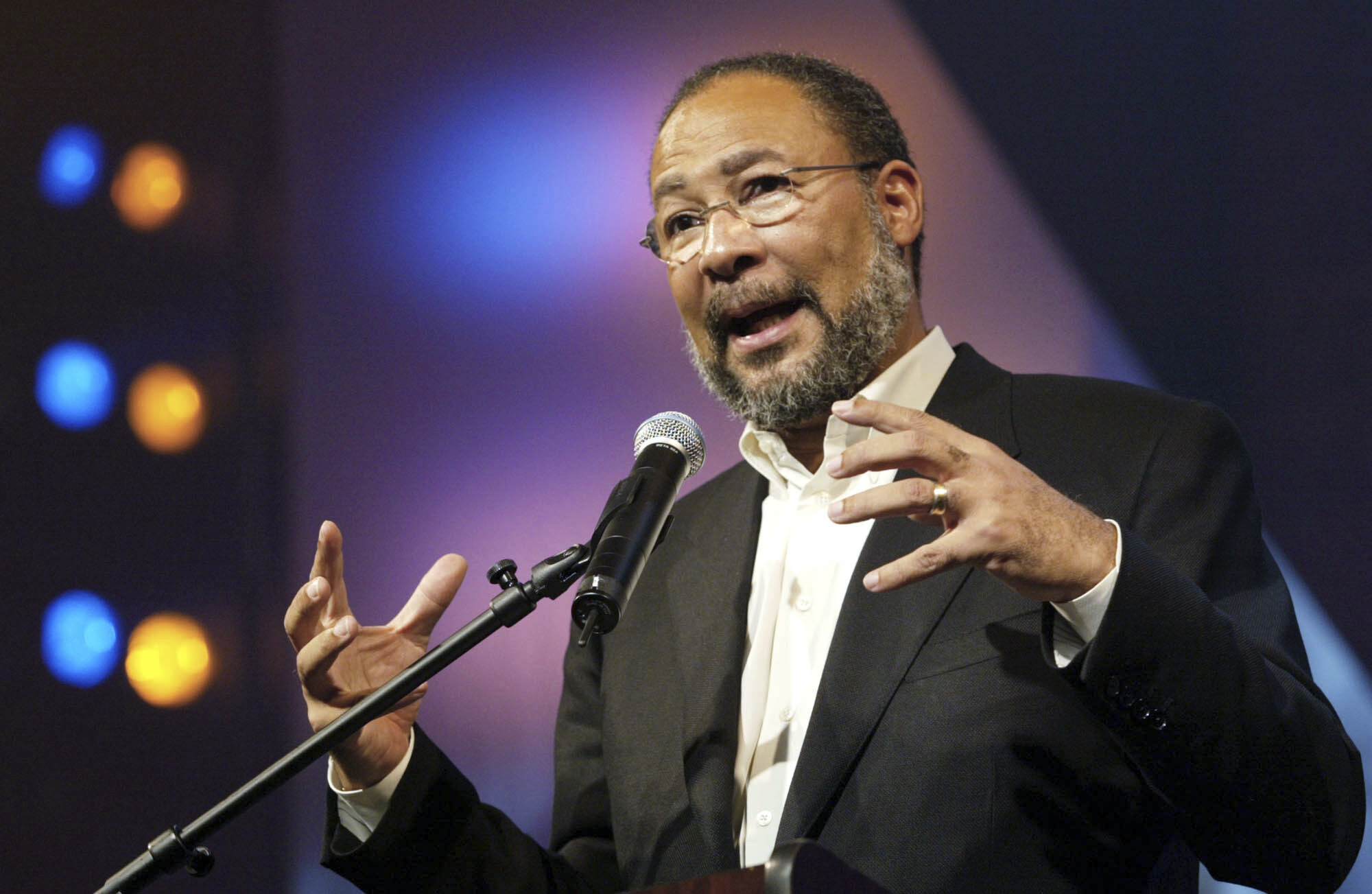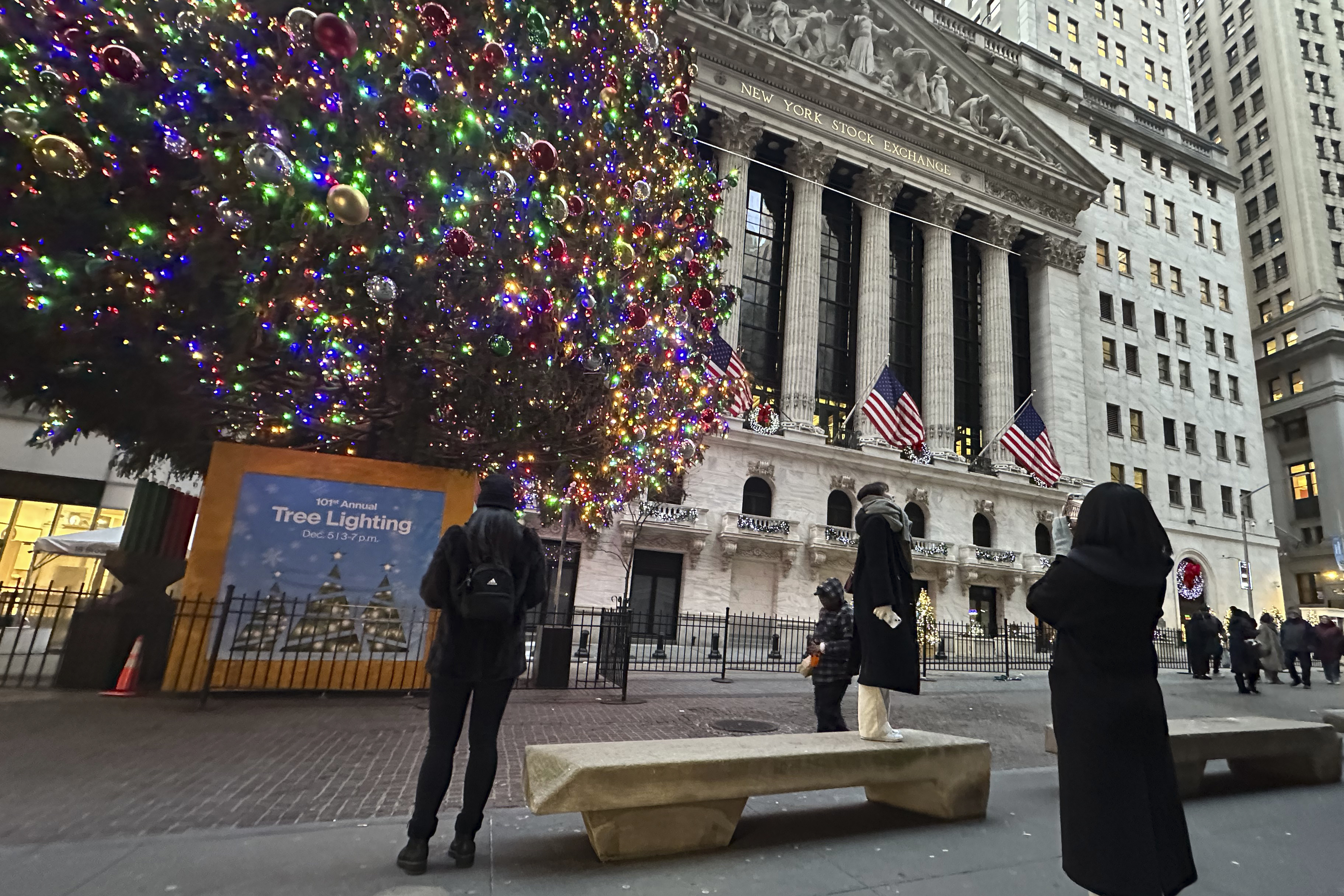(WKBN/NEXSTAR) — Why is Christmas celebrated on December 25? As it turns out, not everyone agrees how the date was decided upon.
The holiday, which commemorates the birth of Jesus, is observed on Dec. 25 in the Gregorian calendar, but no one knows which date Jesus was actually born, according to Britannica. The Bible does not mention Jesus’ exact birthday, so there are only clues to go off of.
One possible theory? The Roman Empire, before it recognized Christianity, celebrated the rebirth of Sol Invictus (Roman god of the sun) on Dec. 25, a date which coincided with the Roman festival Saturnalia, when people feasted and exchanged gifts. Many believe Christmas celebrations on Dec. 25 were intended to concur with these festivities.
This theory is only speculation, however. Andrew McGowan, dean and president of Yale University’s Berkley Divinity School and a noted theological scholar, explains that ancient Christian writings of the time don’t seem to point to an intermingling of Christian celebrations with pagan festivals.
Under Emperor Constantine, the Church in Rome began celebrating Christmas on Dec. 25 in 336. Some say the date was chosen to outshine the Sol Invictus and pagan celebrations. But there’s much doubt around whether Christians had been trying to steal Sol Invictus’ thunder.
In a 2016 essay, “Five myths about the Nativity,” Candida Moss, professor of theology at the University of Birmingham in England, points to a simpler explanation for the choice of the date.
“The real reason for the selection of Dec. 25 seems to have been that it is exactly nine months after March 25, the traditional date of Jesus’ crucifixion. … As Christians developed the theological idea that Jesus was conceived and crucified on the same date, they set the date of his birth nine months later.”
No matter what the official reason was, church officials ultimately settled on Dec. 25 at the end of the third century.
The world will likely never know how Christmas arrived on its selected date, but one thing’s for sure: It remains popular as ever.
Scratch that, there was once a time in the U.S. when Christmas was unpopular.
Christmas took a backseat with the Puritans in New England, who viewed it as a British custom. It became unpopular — even illegal — for a while, according to Time. Over the years, its popularity rebounded, however, and Christmas became a federal holiday in 1870 — on Dec. 25.











